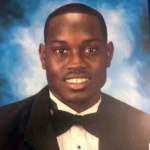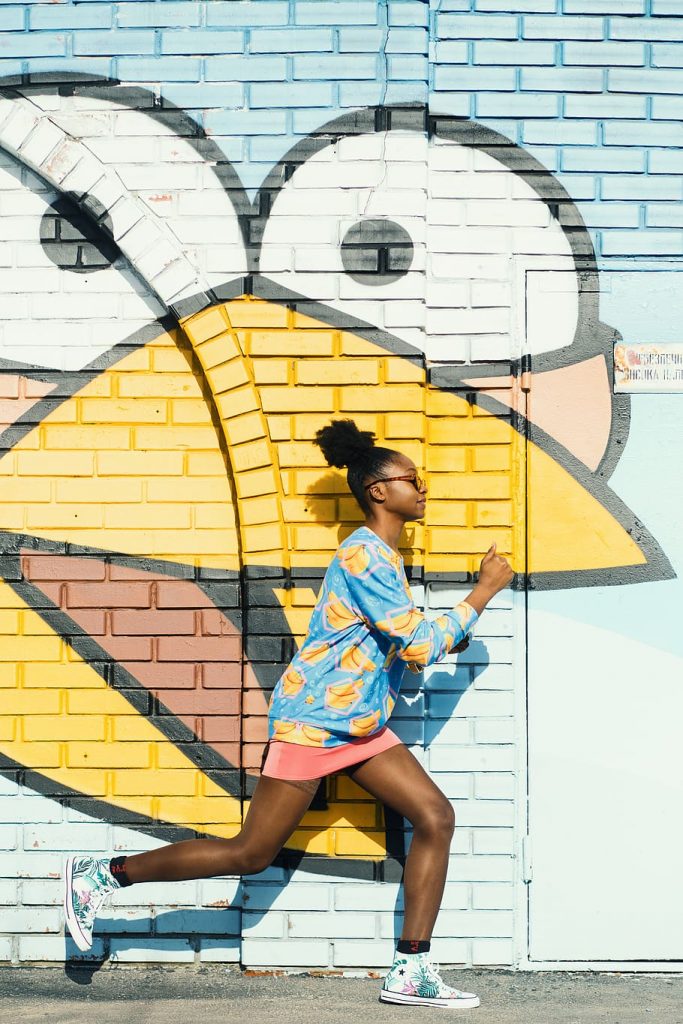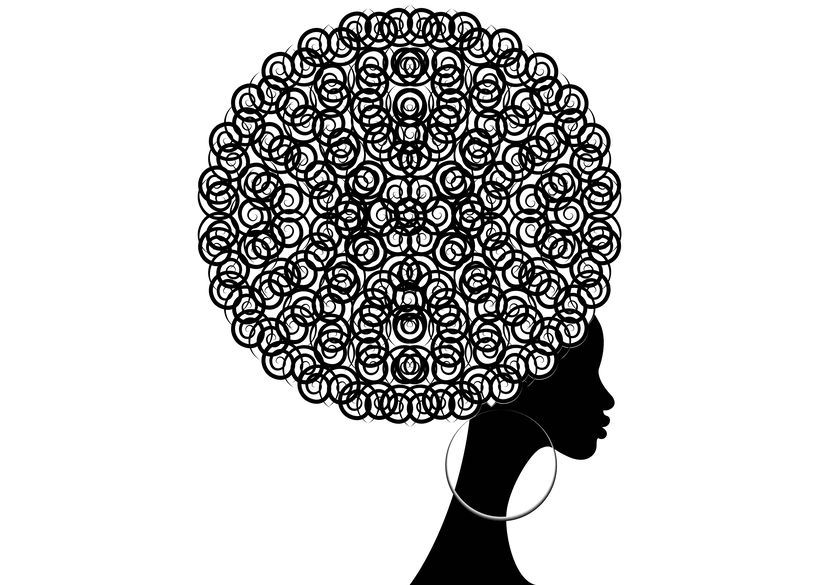Sometimes my siblings remind me of wolf cubs, piled on top of the bed all watching separate devices. On corona lockdown movie nights, they all peer over my shoulders or poke their heads under my arms to see whatever I’m watching on my laptop. They press in close to see better, bushels of natural hair crowding in and blocking my view.
We’ve finally gotten into the rhythm of laying on the couch or awkwardly propped on the bed. There’s a solid ache that tends to radiate from my side, neck, or bent knees.
My younger sister bursts into the bedroom while we’re episodes deep into a reality TV show so my attention is admittedly split.
“I saw the video, they had it on Instagram,” she sobs. “The video. They shot him, he was just jogging. Why are people like this?”

We look up into her face that’s completely ruined with tears. I’m stunned into silence. I had seen the video of Ahmaud Arbery shot to death and felt it, but it was like a hard resignation that didn’t resemble surprise. Of course black men get shot in the backwoods of Georgia. Of course black men get beaten and arrested in the streets of New York. Of course my sense of injustice isn’t nearly as raw as hers. Hers is fresh, oozing with a lack of understanding.
I can’t give her a satisfactory answer as to why someone felt they had a right to his life.
Sugarcoating the country’s stark racist history doesn’t serve her. Black bodies don’t swing from poplar trees anymore, but black bodies can still lay bleeding in the streets, and my sisters can’t afford that kind of white ‘Santa-Claus-is-real’ lie. The truth is we have cousins in Georgia with the same skin, dark and strong as oak, short cut wooly hair, and similar build. A few towns over and they would’ve fit the description.

Looking at her curled into herself hurts. She looks so young and lost.
A heaviness settles into the room, and, as if in response to it, she collapses onto my lap shuddering. She’s half off the bed, face hidden and bowed, her coily hair sticking up a mile high on her head.
She launches into a muffled diatribe about how much she hates her hair and skin as we soothingly rub her scalp in an attempt to calm her.
Mentally, I start to scramble, pulling at something to say, something my mom would say. She could quiet a convective self-hate and settle fear like no one else.
“I’m a reflection of you, and you’re a reflection of me,” I said, “and so was Ahmaud. We can start by loving ourselves.”
I tell her she’s allowed to cry though, and be angry. She’s allowed to ask why. She’s allowed to hurt for him and his family. It feels like the right thing to say, though it doesn’t solve anything and her trembling doesn’t subside for a while.






